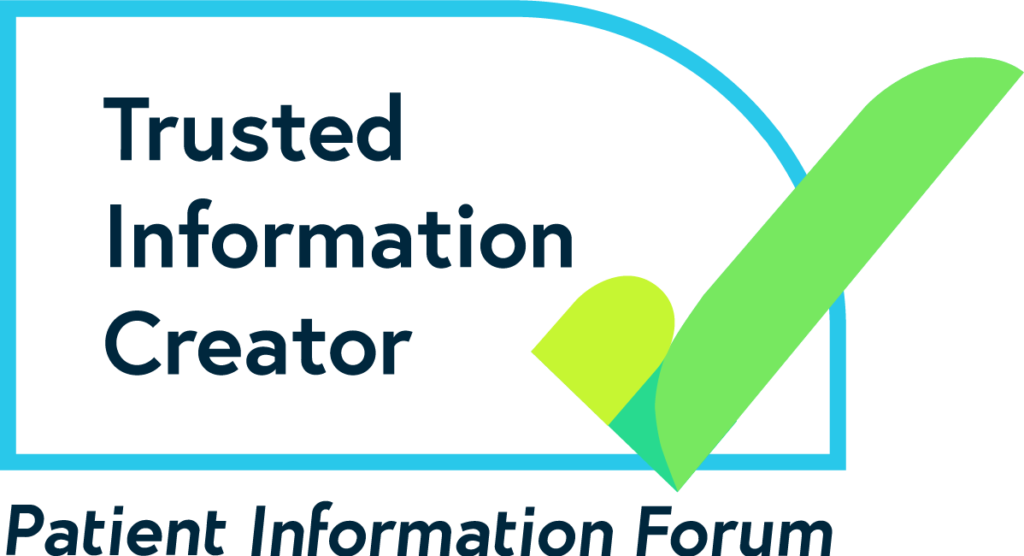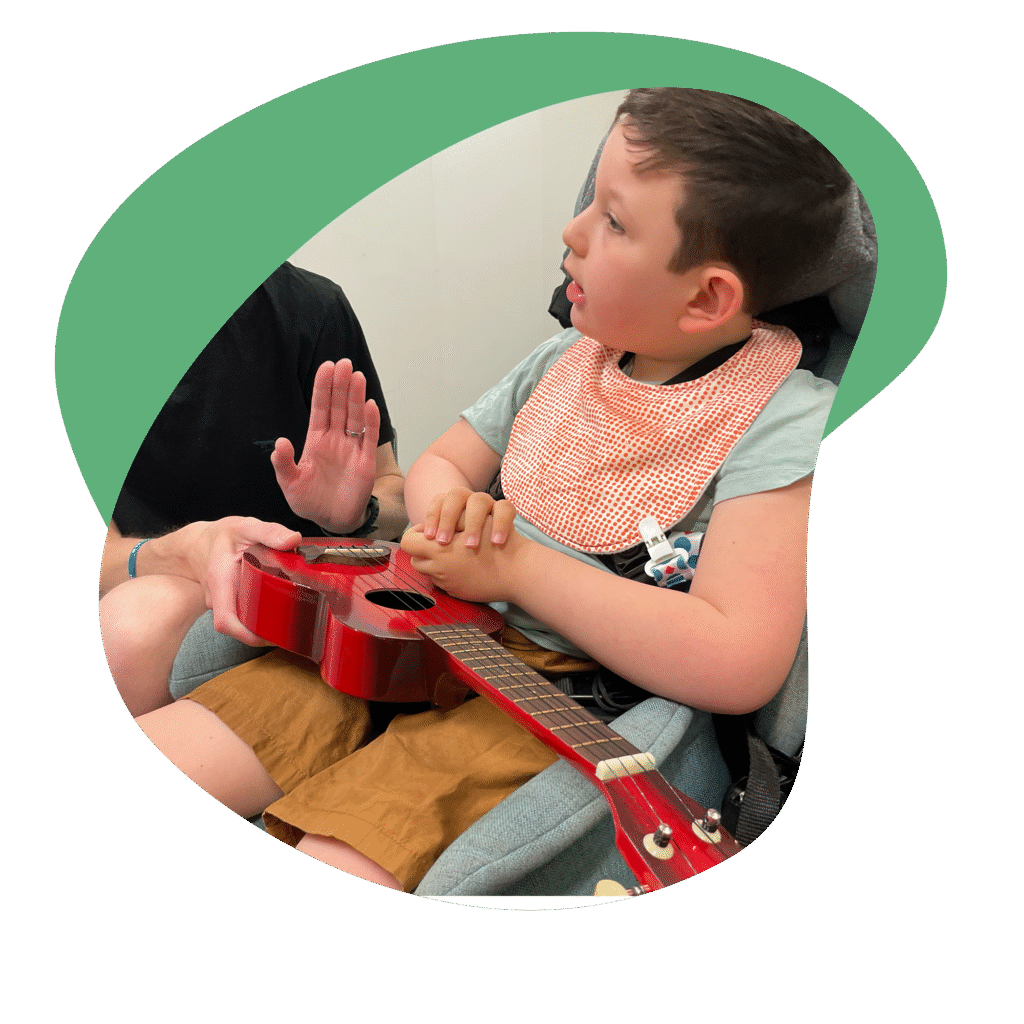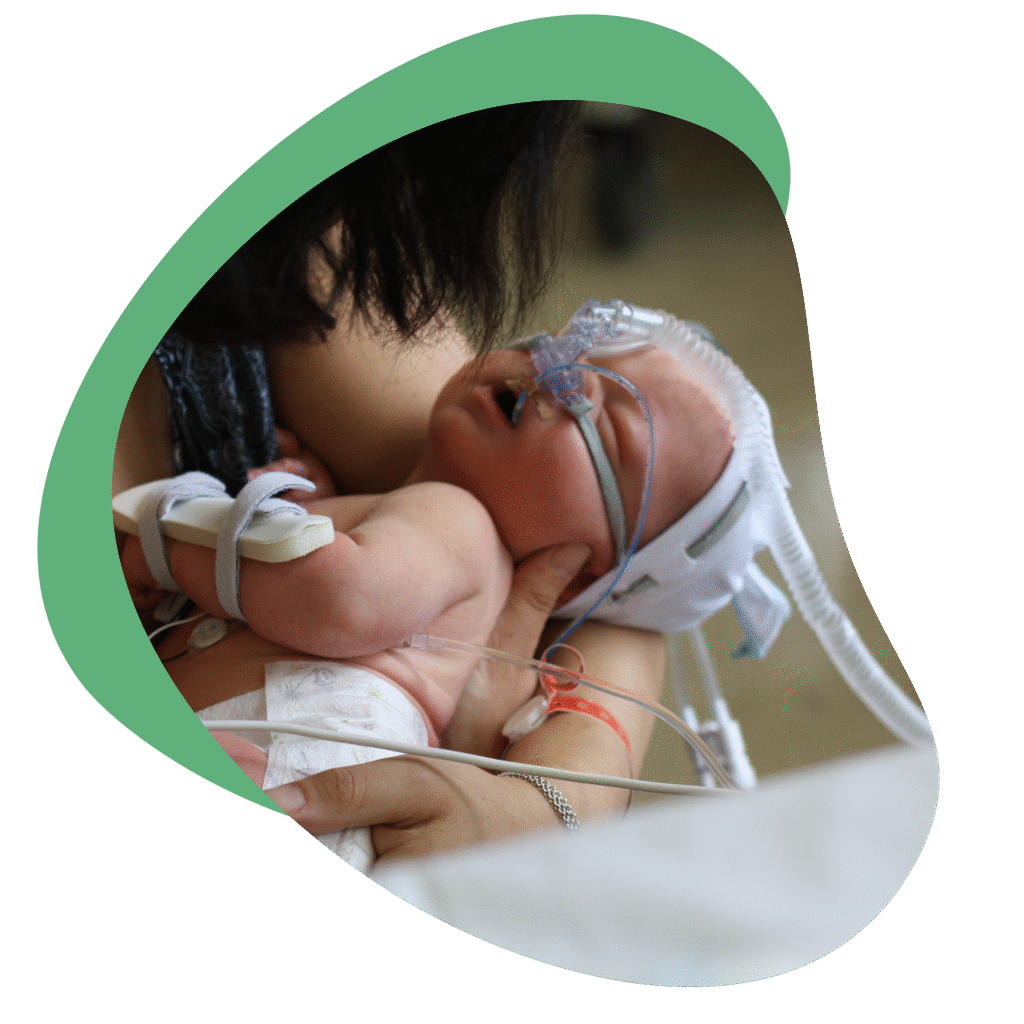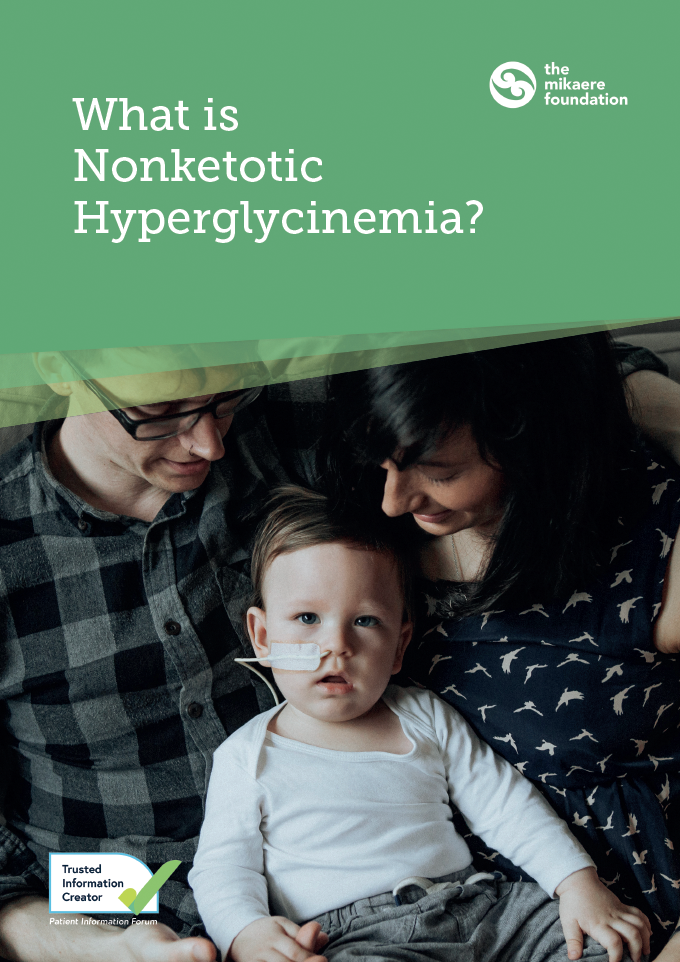NONKETOTIC
HYPERGLYCINEMIA
(NKH)
Nonketotic Hyperglycinemia (NKH) is a rare genetic metabolic disorder which affects a person’s ability to break down glycine.
This website is intended for people seeking information about NKH, such as parents, carers and medical professionals.

NKH (also known as Glycine Encephalopathy) is primarily a children’s disorder, because toxic levels of glycine, over time, are life limiting.
Glycine (amongst other things) is a neurotransmitter – sending signals in the brain and around the central nervous system (especially in the brainstem and spine). It has several functions involved in the processing of motor and sensory information (such as movement, and vision).
NKH usually affects infants and children, typically appearing shortly after birth. It is a genetic disorder and is inherited from both parents. Unfortunately NKH is considered terminal, or life limiting. 1 in 3 children diagnosed with NKH are unlikely to see their first birthday.
Booklet: What is Nonketotic Hyperglycinemia (NKH)?
This downloadable PDF provides an overview of the causes, symptoms, diagnosis and treatments of Nonketotic Hyperglycinemia (NKH).
The information in this booklet is sourced from both peer-reviewed research and the experiences of families and patients with NKH. If you’d like this booklet as a physical copy, or in a different format, or a copy with references, please email the Mikaere Foundation.

The information on this website is certified by the PIF TICK, which indicates health information you can trust. The independent trust mark lets you know information is evidence-based, up-to-date and easy to use and understand.





